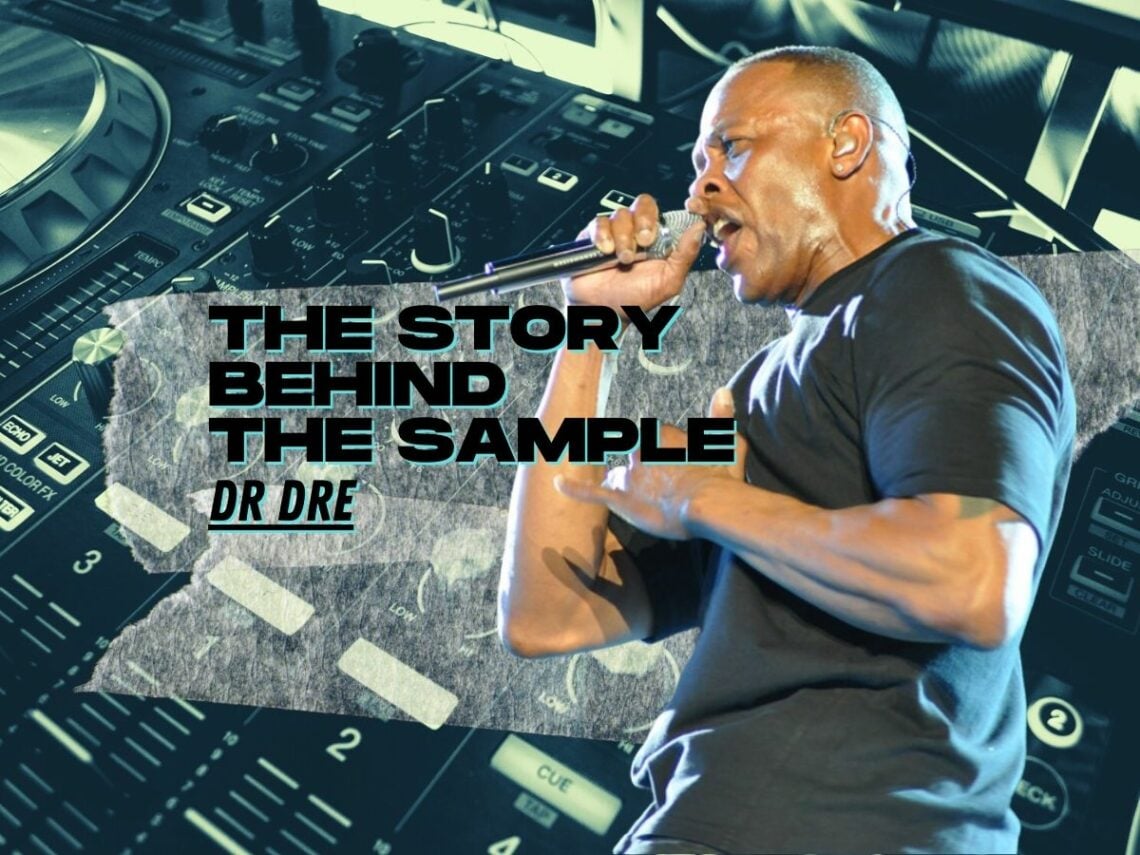Dr Dre released a timeless album in 1992, and it is undoubtedly a certified classic. Only a few artists have produced culturally significant bodies of work. However, none can stand up to The Chronic. The 1990s saw an unfathomable amount of classic albums, as it was one of the most proactive eras of hip-hop. Dr Dre is considered a pioneer, and alongside projects such as Doggystyle, Ready To Die and Illmatic, The Chronic has become somewhat of a relic within the culture.
Although there was a lot of bloodshed, ill-will and violence, the East Coast versus West Coast feud of the 1990s saw two musical empires built, both of which are remembered for their exceptional output. Released in 1992, the producer and rapper’s debut body of work is considered crucial because it signifies something more significant than just the rapper himself. The project represents Death Row Records and marks the inception of G-funk.
The Chronic is perhaps more significant in LA as it represents the beginning of the city’s ’90s takeover. Hip-hop’s regional differences and sonic diversity is what has made the genre so multi-faceted compared to genres such as grime which is very sonically very set in stone. G-funk was one of the first subgenres of hip-hop that successfully dominated the mainstream and permanently changed the sound of hip-hop. It was culture-shifting.
That said, G-funk had a formula of sorts, and it primarily came down to Dre’s sample selection. Inspired and created using an unfathomable amount of P-funk (an electronic subgenre of funk produced by Parliament-Funkadelic), Dre’s sample selection and arrangements changed the game and solidified LA’s status as a source of quality hip-hop. The Chronic is full of exciting and intriguing samples, such as the one used on the track ‘Let Me Ride’.
Released as the album’s third single, ‘Let Me Ride’ features the First Lady of Death Row Jewell. The song achieved a moderate amount of chart success and did debut in the top 50, landing at number 34. However, the song took off after receiving a Grammy award in the ‘Best Rap Solo Performance’ category in 1994. The track was written by by RBX and produced by Dr Dre (real name Andre Young). The instrumental, in true G-funk fashion, sample the 1976 Parliament song ‘Mothership Connection (Star Child)’.
Headed by George Clinton, Parliament was formed in the 1960s in New Jersey. It would merge with Clinton’s other collective, Funkadelic to create a hybrid supergroup entitled Parliament-Funkadelic. The outfit made funk music with a sci-fi aesthetic, the outlandishness of glam rock, and the psychedelia of the 1960s, then fused it with a bit of electronic music. Clinton is lauded as one of the foremost innovators of funk music and was inducted into the Rock and Roll Hall of Fame in 1997 alongside other members of Parliament-Funkadelic.
‘Mothership Connection (Star Child)’ was the third single from Parliament’s 1975 album Mothership Connection. The song is based around George Clinton’s alter-ego ‘Star Child’. The track has been remixed several times by musicians such as Scott Grooves, Slam and Daft Punk. The single was released by Casablanca Records. The instrumental features in other songs on The Chronic. However, its most notables use is on ‘Let Me Ride’. You can hear the original and Dr Dre’s use of it in the videos below.
